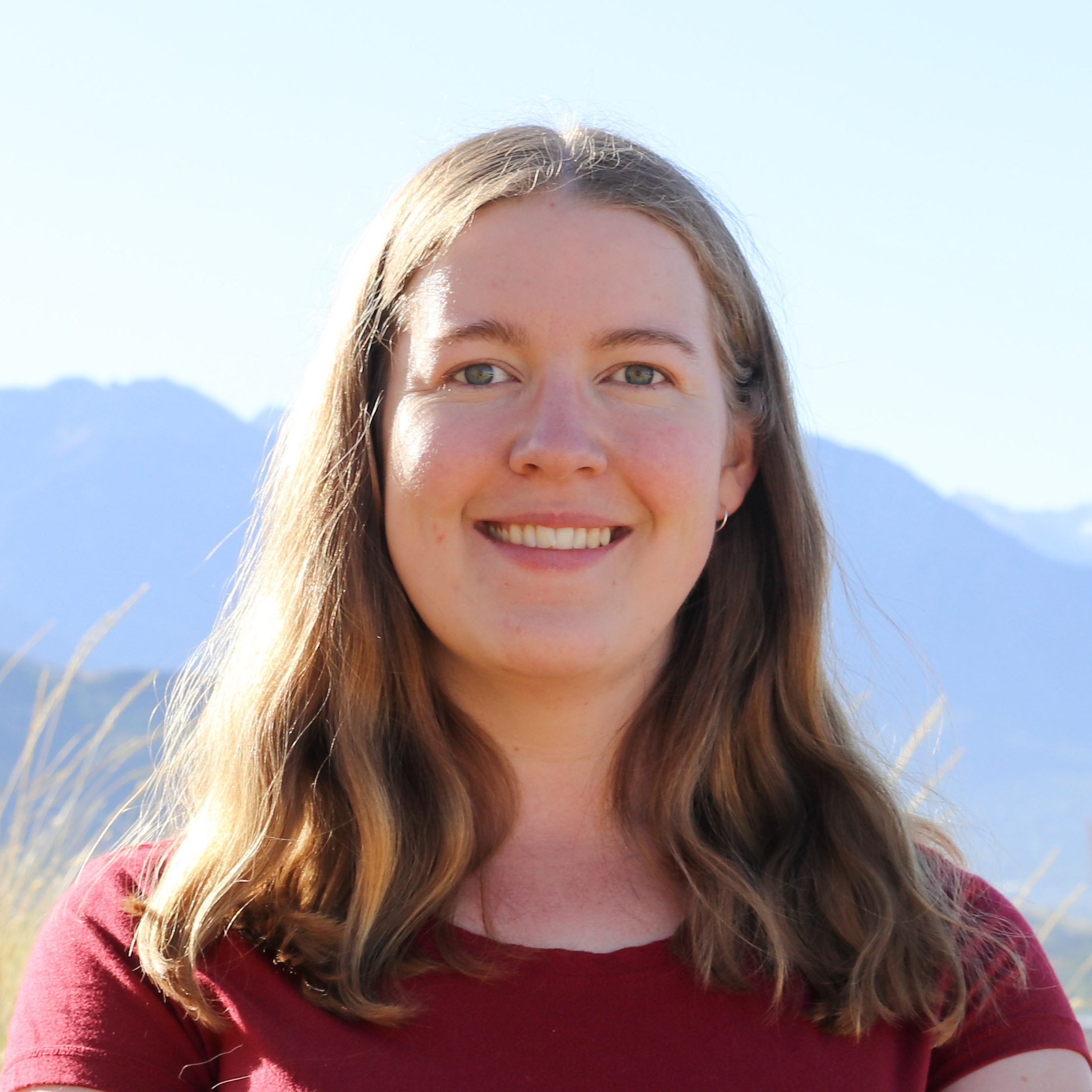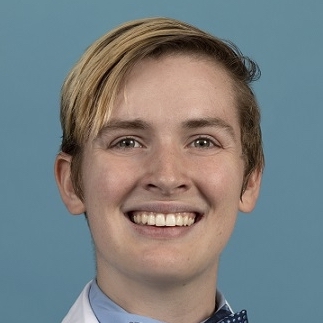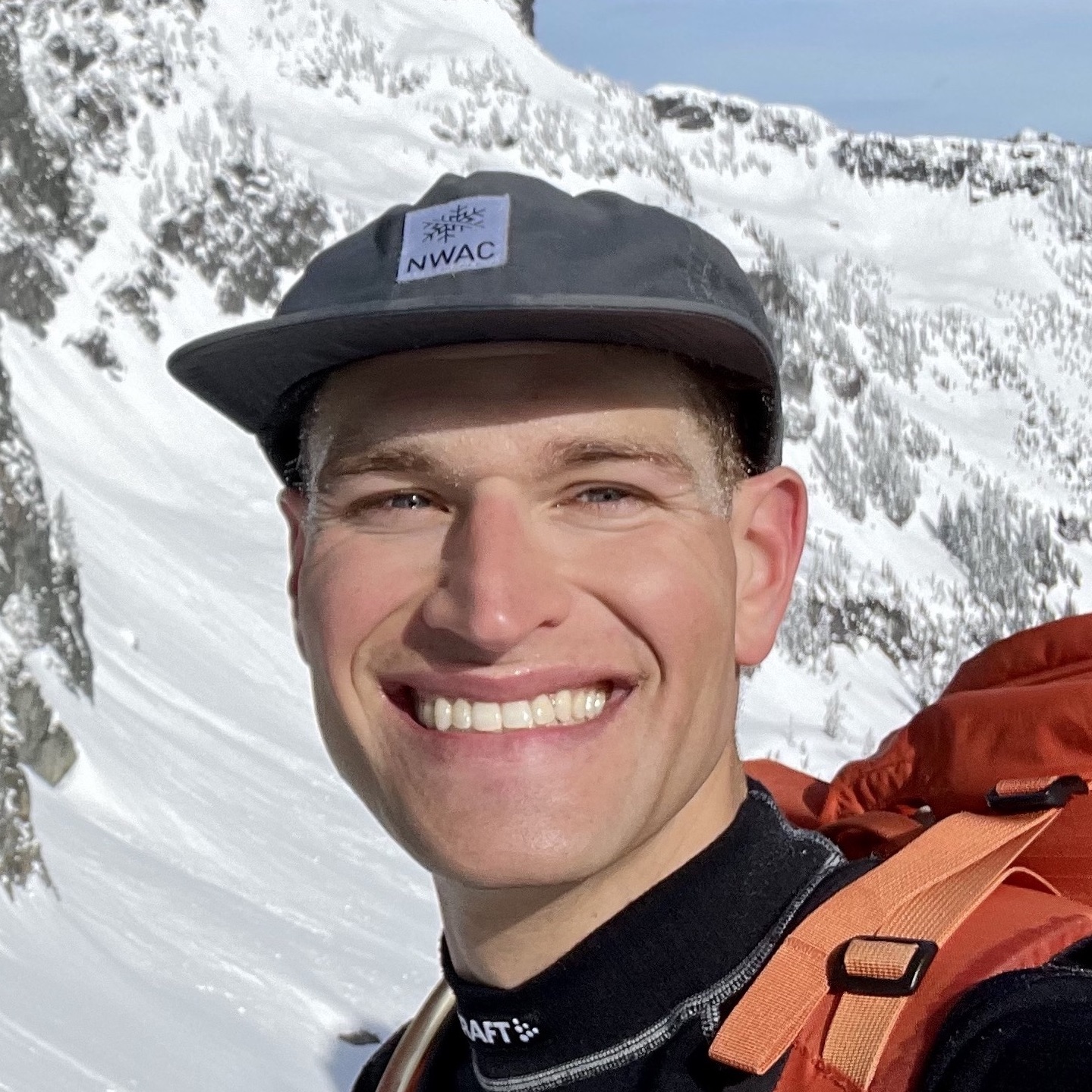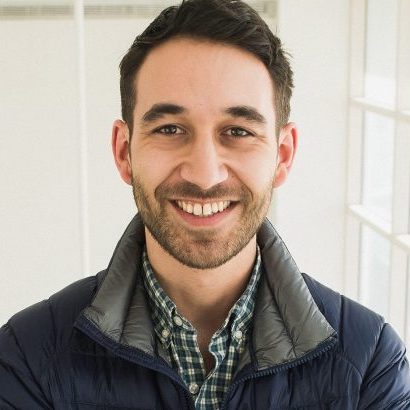Latest news
We are always looking to add motivated, talented graduate students and postdoctoral scientist to our team. If interested, please email Aaron Quinlan articulating your research experience and career goals.

November 3, 2023. Harriet Dashnow and Jason Kunisaki presented talks on their research at the American Society of Human Genetics meeting in Washington, D.C.!

October 16, 2023. Hannah Happ has joined our lab as a postdoctoral scientist! Hannah received her Ph.D. training with Gemma Carvill at Northwestern University. Welcome, Hannah!

August, 2023. K99/R00 fellow Harriet Dashnow will start her own lab at CU Biomedical Informatics in July 2024!

July, 2023. MD/Ph.D. student Laurel Hiatt was awarded an F30 Predoctoral Fellowship from the NICHD!

June, 2023. Postdoctoral fellow Michael Goldberg was awarded a T32 Postdoctoral Fellowship in Genome Medicine from the NHGRI!

Our manuscript describing STRling, a new method for discovering short tandem repeat expansions, is now published at Genome Biology. STRling was developed by Harriet Dashnow, a postdoctoral fellow in the lab.

Welcome Tom Sasani, who is re-joining the lab as a Staff Scientist! Tom was previously a Senior Data Scientist at Recursion Pharmaceuticals.

Welcome Joshua Major-Mincer, a new Graduate Student in the lab!

Welcome Brent Pedersen, who is re-joining the lab as a Staff Scientist! Brent was previously a Staff Scientist with Jeroen de Ridder at the University Medical Center Utrecht in the Netherlands.

Welcome Michael Goldberg, a new Postdoctoral Fellow in the lab! Michael was previously a graduate student with Kelley Harris in the Department of Genome Sciences at the University of Washington.

Welcome Laurel Hiatt, a new Graduate Student (MD/PhD) in the lab!
We are grateful to have been awarded funding from the Chan-Zuckerberg Initiative to further develop our bedtools and Go Get Data (GGD) projects as part of their Essential Open Source Software for Science program. Details about our efforts can be found here.

Tom Sasani’s manuscript on germline mutation in large human pedigrees is out in eLife. Using sequencing data from 33 large, three-generation CEPH families, Tom found significant variability in parental age effects on DNM counts across families. He also discovered that nearly 10% of DNMs that would typically be attributed to the germline, are, in fact, post-zygotic. Read the manuscript and check out our open science repository of the code and data used in this study. Lastly, Tom gives an insightful interview in the eLife Podcast (min 7:11) if you are interested in learning more.

Our manuscript identifying constrained coding regions in the human genome was just published in Nature Genetics, and it made the cover! We encourage you to read our blog post describing the motivation and key results. In addition, there is a nice writeup of our work and a short video below providing a high level overview.
